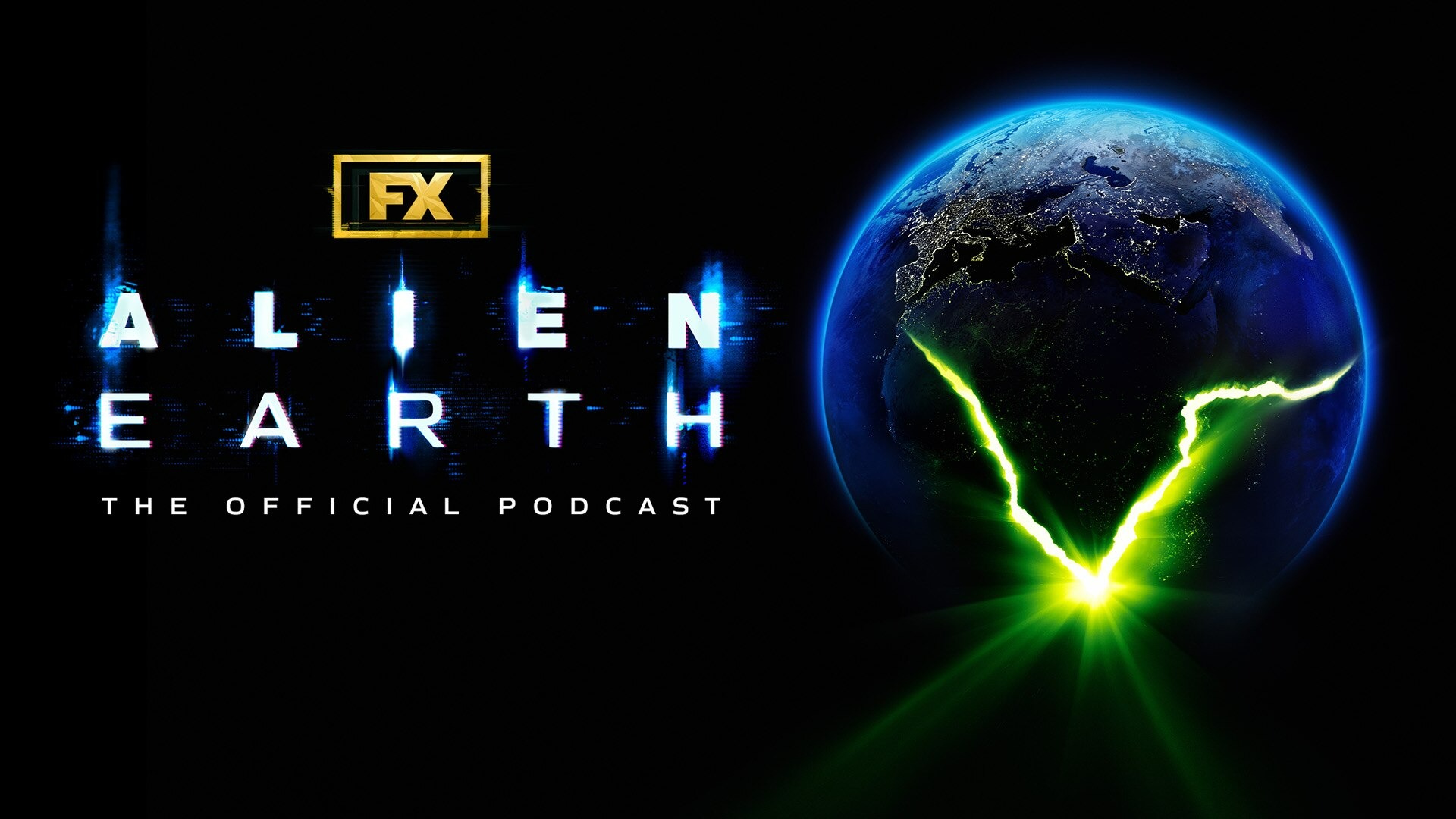David Gilmour just demolished a fundamental assumption about Pink Floyd’s place in music history. “I’ve never talked about progressive rock or thought that we were whatever progressive rock is,” the guitarist told Rick Beato recently, dismissing decades of critical consensus that places Pink Floyd among prog’s founding fathers. This isn’t just semantic quibbling—it’s a master class in how artists and audiences can inhabit completely different realities about the same music.
The Contradiction That Rewrites History
The disconnect runs deeper than anyone expected. While critics routinely name Pink Floyd among prog’s “Big Four” alongside Yes, Genesis, and ELP, Gilmour sees his band’s approach as fundamentally different. “To me, progressive rock is very, very serious players who can really do their stuff,” he explained, suggesting Pink Floyd operated from intuition rather than technical showmanship.
Yet albums like “The Dark Side of the Moon“ and “Animals” contain exactly the complex structures, conceptual narratives, and experimental soundscapes that define progressive rock. Nick Mason even accepted a “Prog God” award in 2017, creating an awkward band contradiction that highlights this internal divide.
Labels Matter More Than Ever
Gilmour’s resistance to categorization feels almost quaint in our algorithm-driven era. “The whole idea of labelling—it’s become more essential in this day and age. But I’m not keen on it,” he admits, perhaps not realizing how prescient that sounds.
Spotify playlists and recommendation engines now determine musical fate more than radio DJs ever did. Your “Prog Rock Essentials” playlist probably features Pink Floyd, whether Gilmour approves or not. The irony cuts both ways: the man who helped create the template now questions the blueprint. This phenomenon happens with cover songs, too, where artistic intent gets overshadowed by public perception.
What This Reveals About Creative Identity
Gilmour’s position illuminates a crucial tension in music culture. “I think we were doing it long before the term progressive rock,” he notes, and he’s right—Pink Floyd’s experimental phase predated prog’s formal codification. But genres aren’t just marketing tools; they’re how listeners navigate musical landscapes and connect with kindred sounds.
Perhaps the real insight isn’t whether Pink Floyd “is” progressive rock, but how the band’s organic evolution helped define what progressive could mean. As Gilmour prepares material for his next solo album following 2024’s “Luck and Strange,” he’s still writing music that defies easy categorization—which might be the most prog thing of all. The pressure of fame during the peak years took its toll on many 1970s stars, but Pink Floyd’s survival perhaps validates their unique approach.


























